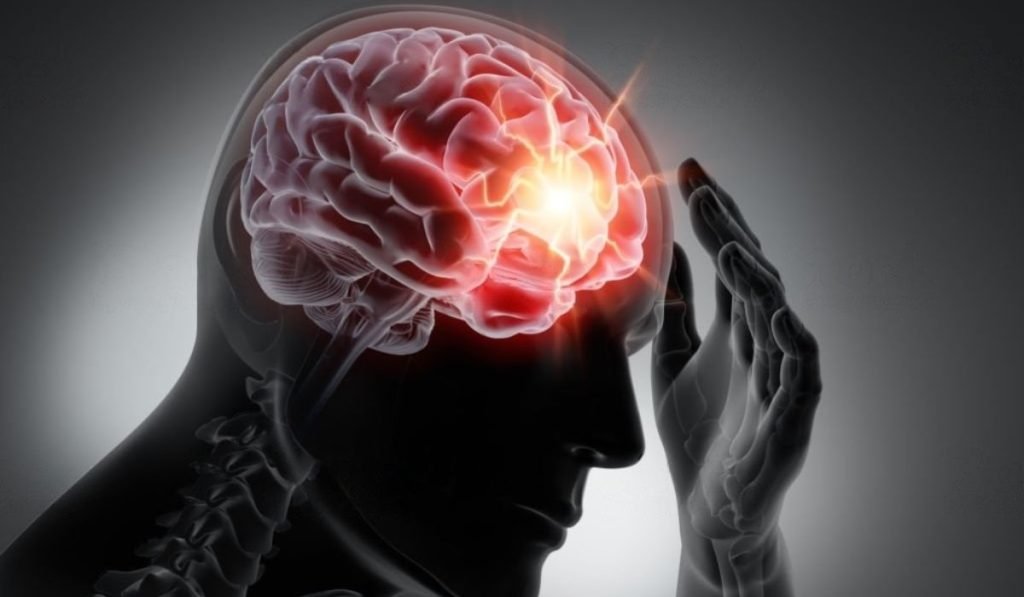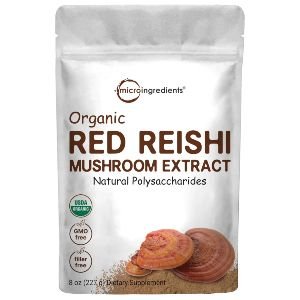Can Hyperbaric Oxygen Therapy Help Depression? [Research]

In this article I answer the question “Can hyperbaric oxygen therapy help depression” by taking a closer look at the current research on hyperbaric oxygen therapy and its potential as a treatment for depression.
Introduction
As the lead editor of FoodNurish, I have spent the last couple of years researching hyperbaric oxygen therapy and its benefits to the human body. I’ve read and summarized numerous research papers on the subject.
I am a strong believer in the potential of this technology and I am positive that when combined with anti-aging supplements can extend human life beyond expectations. After I’ve written about a dozen of article on HBOT, I’ve decided to research HBOT and its effects on depression.
Now, depression is a common mental health condition that affects millions of people worldwide.
While there are many treatments available, not everyone responds to them in the same way, leaving some still struggling with the symptoms of depression.
Recently, there has been growing interest in the use of hyperbaric oxygen therapy (HBOT) as a potential treatment for depression. HBOT involves breathing pure oxygen in a pressurized chamber, which allows the body to absorb more oxygen than it normally would.
Supporters of HBOT argue that this increased oxygenation can improve brain function and reduce symptoms of depression. But is there any scientific evidence to support these claims?
Let’s take a deep dive at some research around hyperbaric oxygen therapy that I’ve found and its potential as a treatment for depression.
Can Hyperbaric Oxygen Therapy Help Depression? What Research Says.

Study shows positive effects of oxygen therapy on mild to moderate depression
A pilot trial conducted by researchers and published in the scientific journal Scientific Reports, suggests that treating individuals with mild to moderate depression with oxygen-enriched air has a significant beneficial effect on some depression symptoms.
The trial involved 51 participants who completed 4 weeks of the oxygen treatment versus the placebo.
The oxygen treatment delivered oxygen at normal atmospheric pressure in higher concentration than ambient air to improve certain aspects of brain function and provide relief from depression symptoms.
The study showed that delivering oxygen-enriched air to depressed individuals at standard atmospheric pressure might improve mitochondrial function or affect brain biology in other ways that might be therapeutic.
Benefits were experienced in depressive and anxiety symptoms, cognitive disturbance, coping ability, and suicidal thoughts, among other positive therapeutic effects. No significant side effects were seen in any of the study participants.
The team said that the notable differences between the treated and control groups were evident only after 4 continuous weeks of oxygen therapy.
Exploring the Use of Hyperbaric Oxygen Therapy in the Treatment of Mental Illness
In one study, published in the Canadian Agency for Drugs and Technologies in Health, patients with blast-induced post-concussion syndrome showed improvement after 30 days of HBOT.
The idea is that giving your body more oxygen than it normally gets can help improve brain function. But, there haven’t been many studies done on using HBOT to treat mental health issues, so it’s not really clear if it works or not.
An Effective Treatment for Combat Veterans’ Traumatic Brain Injury and PTSD
In an article published by Derrick Walker under Advanced Wound Care Systems mentions about a doctor who used hyperbaric oxygen therapy (HBOT) 1.5 to treat five combat veterans who had traumatic brain injury and post-traumatic stress disorder (PTSD) from concussive blasts.
All five veterans treated had significant recovery, with 80% no longer having PTSD and all improving.
One veteran, who endured a year of treatment failures at Walter Reed, was fully recovered in 120 days after 80 HBOT 1.5 sessions.
The Health Freedom Foundation sponsored a Marine machine gunner who underwent seven concussive events and experienced migraines, insomnia, and PTSD, and after HBOT treatments, the machine gunner had no migraines or PTSD and was able to return to work.
HBOT May Benefit Patients with Spinal Cord Injury and Depression
In an observational study published in the scientific journal Medicine, looked at the effects of hyperbaric oxygen therapy (HBOT) on depression and anxiety in patients with incomplete spinal cord injuries.
Sixty patients were divided into three groups and received different treatments. After eight weeks, the HBOT and psychotherapy groups had lower depression scores than the control group.
The HBO group also had lower anxiety scores than the control group. Both the HBOT and psychotherapy groups had higher nerve function and activity of daily living scores than the control group.
The bottom line was that HBOT was found to have similar effects on depression and anxiety as psychotherapy, and can significantly improve nerve function and daily activities in patients with ISCI.

HBOT Shows Promise for Post-Stroke Depression Treatment
In a study published in the journal of Physical Therapy Science observed the effects of combined hyperbaric oxygen therapy on patients with post-stroke depression.
Ninety patients were randomly divided into three groups, and all patients received routine rehabilitation therapy.
The groups received fluoxetine, hyperbaric oxygen therapy, or a combination of both. (Fluoxetine is a type of antidepressant known as a selective serotonin reuptake inhibitor (SSRI)).
So, they checked the scores of a couple of scales that measure depression and stroke before the treatment and after four weeks of treatment.
The researchers compared also the total effective rate of depression release among three groups. The group that received combined hyperbaric oxygen therapy had a higher total effective rate of depression release compared to the other two groups.
The scores of the depression scales decreased for all groups after treatment.
Therefore, the researchers concluded that combining hyperbaric oxygen therapy is a significant treatment for post-stroke depression and is more effective than other standard treatments.
People Also Ask
Bottom Line
To sum up, while hyperbaric oxygen therapy (HBOT) shows some potential as a treatment for depression, more research is needed to fully understand If it is effective or not.
From the current studies, it looks like HBOT can help improve symptoms of depression in certain groups, such as people with incomplete spinal cord injuries or post-stroke depression, but it’s not clear if it is effective, or better yet, how effective it is for everyone with depression.
It’s also important to consider that although HBOT is generally safe, there are some risks and potential side effects to be aware of, and it may not be suitable for everyone. You can read about them here.
Therefore, if you’re considering HBO for depression, it’s important to talk to your doctor and work together to decide the best treatment plan for your depression or PTSD needs.
Read Next




